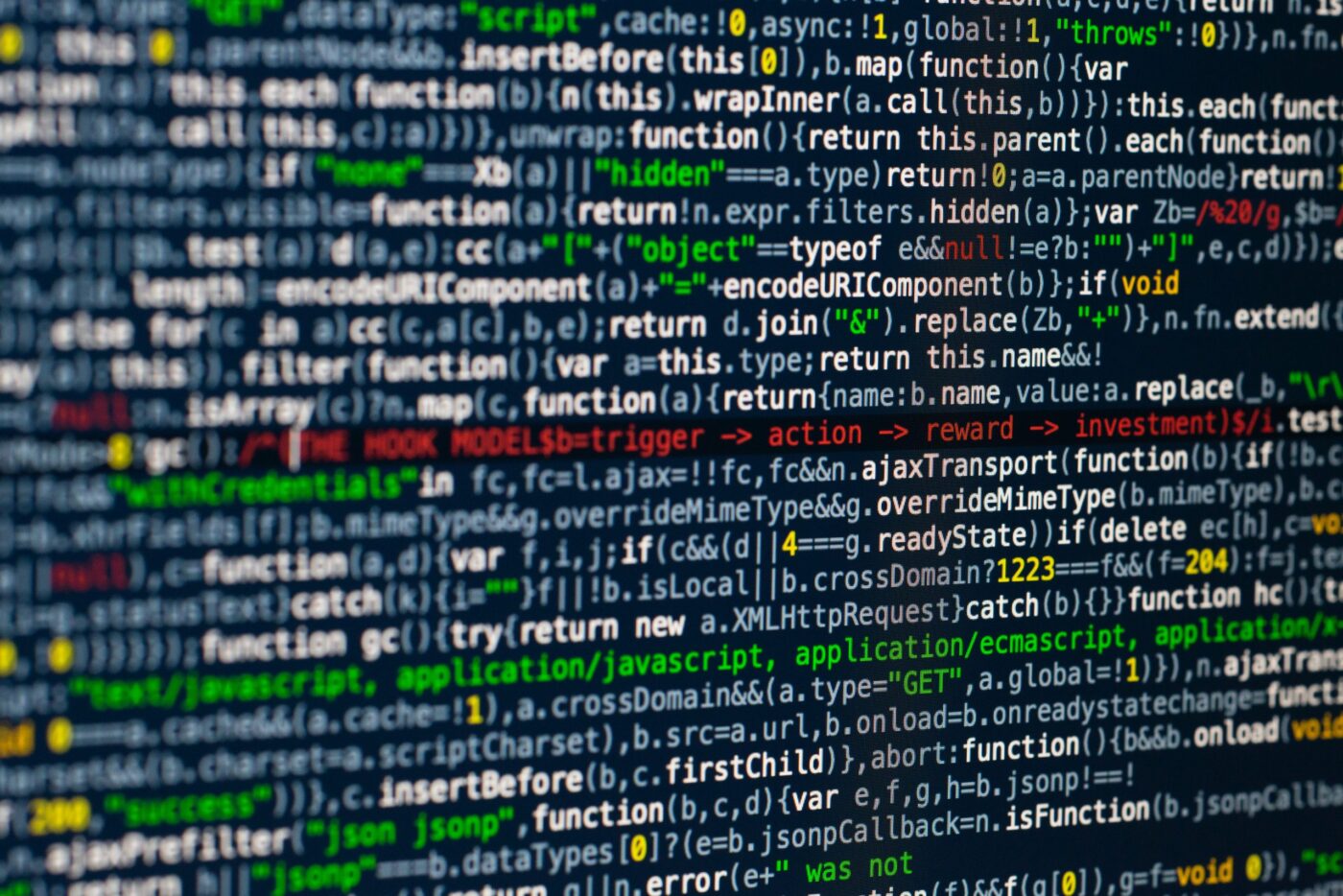The Difference between Social Listening and Monitoring

The website sproutsocial.com differentiates between Monitoring and Listening, saying that Monitoring is “only” the data collection process, while Listening describes the analysis of that same data. Dan Neely, CEO at Networked Insights, states: “Monitoring sees trees; Listening sees a forest”.
In reality, however, Social Listening and Social Media Monitoring is often used interchangeably. Thus, the choice of term says more about the person using it – is it a visually or sound oriented person?
Both terms describe systematic, continuous and topic specific search, enquiry, processing, analysis, interpretation and archiving of social media contents relevant to management (e.g. discussion forums, blogs, micro blogs, comment sections to news items and social communities like Facebook, Google+).
The expression Social Media Analysis is often used in a similar way as Monitoring and Listening. Stefan Evertz, Cortex digital, however, differentiates between them. In his view, Monitoring encompasses the entire Web, while Social Media Analysis is restricted to the firm’s own communication channels (website, social media channels). In contrast, Jasmine Jaume from Brandwatch, writes: “The term [Social Media Analysis] is often used for Social Media Monitoring or Social Listening, because Monitoring and Listening take place in combination with the analysis – often in the same tool.”
In our opinion, these differentiations are quite arbitrary and not constructive. Monitoring or Listening does not make any sense without the subsequent Analysis. No one collects data if it is not going to be used, as data is merely the means to an end. Just as no one would drill for oil and then leave it in the pipes. Only the prospect of selling the oil makes you drill for it in the first place. After successful boring, it has to be evaluated if infrastructure and resources allow the construction of a profitable well.
The story is similar for Social Media Monitoring or Listening: generated data has to be edited and reviewed. For example, a situation could arise where the data (if enough at all) contains erroneous or out-dated observations. A categorisation can take place parallel to these adjustments. This is, in our view, the Social Media Analysis. It requires a well-thought-out system of topics, which is moreover updated regularly. This system is the basis for further evaluation. Together with possible additional findings, the evaluation’s results will then become Social Media Intelligence.
The importance of Social Media Intelligence becomes clear, as the resulting Reporting can help making far-reaching strategic decisions within the firm.
Summarising, a clear differentiation of the terms seems appealing at first, but is practically not important. It is more essential that there is an extensive data collection process with target-oriented tools, followed by a binding process of result evaluation. A market researcher requires a different presentation of results than a distribution employee, just as a manager position demands a different Reporting than a service employee. Thus, the process of Monitoring or Listening, Analysis and Intelligence needs to be specifically adapted to every firm, must be continuously re-evaluated and be altered accordingly.





